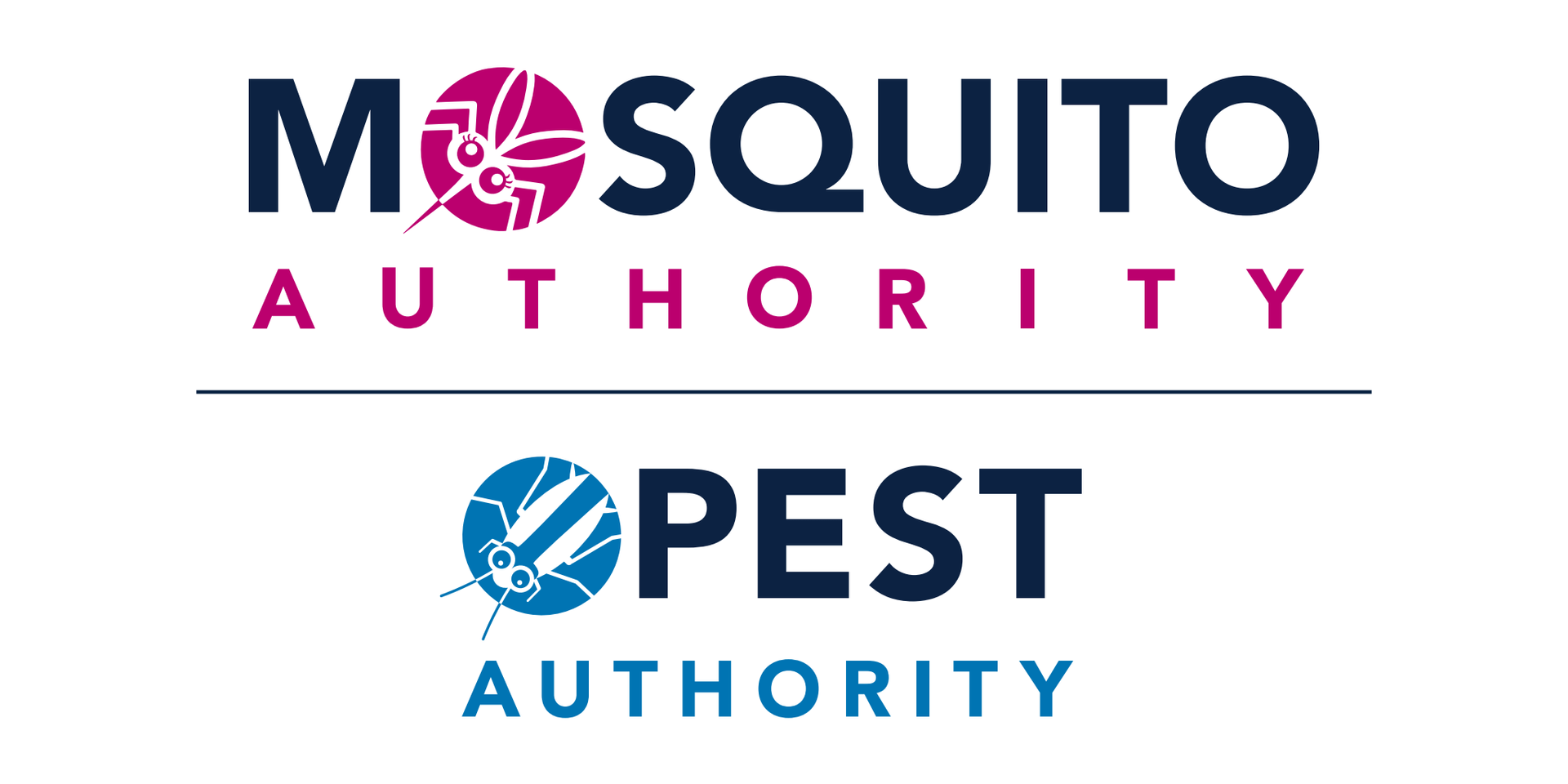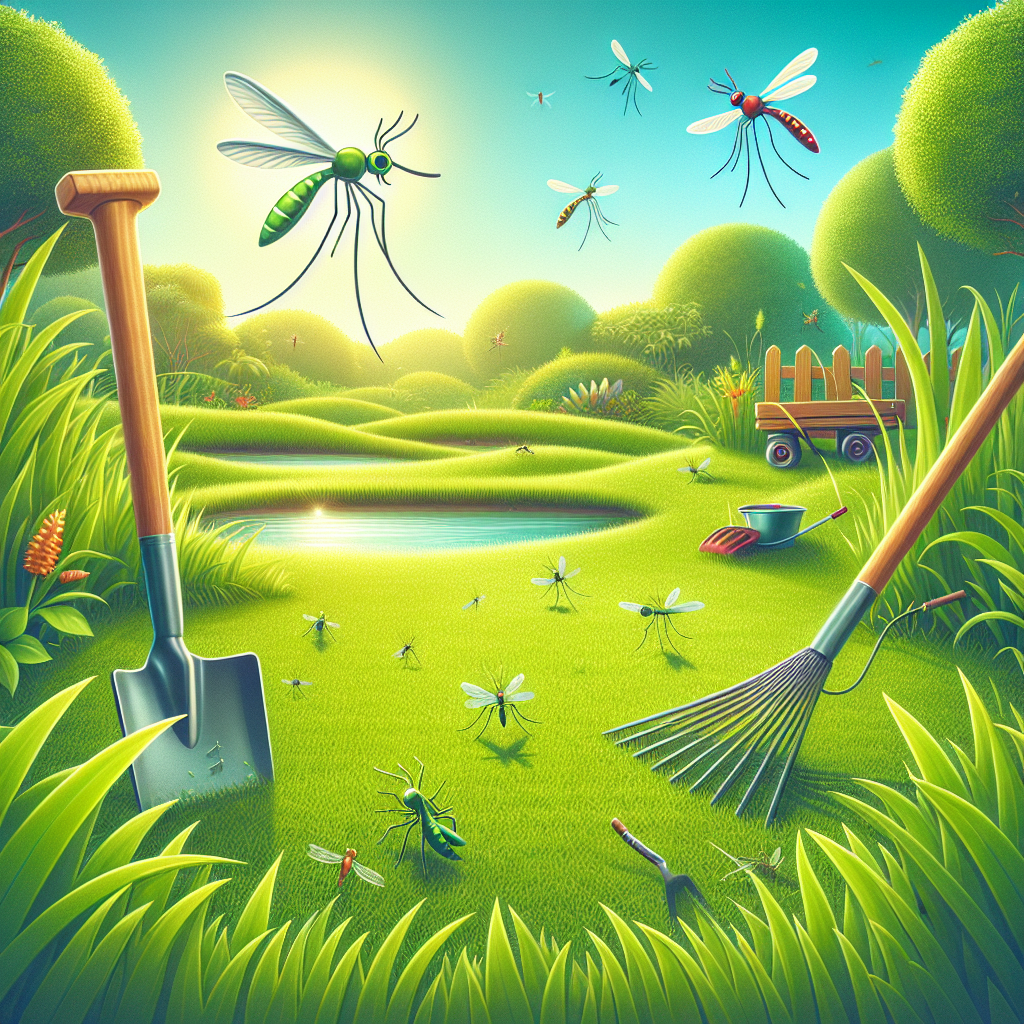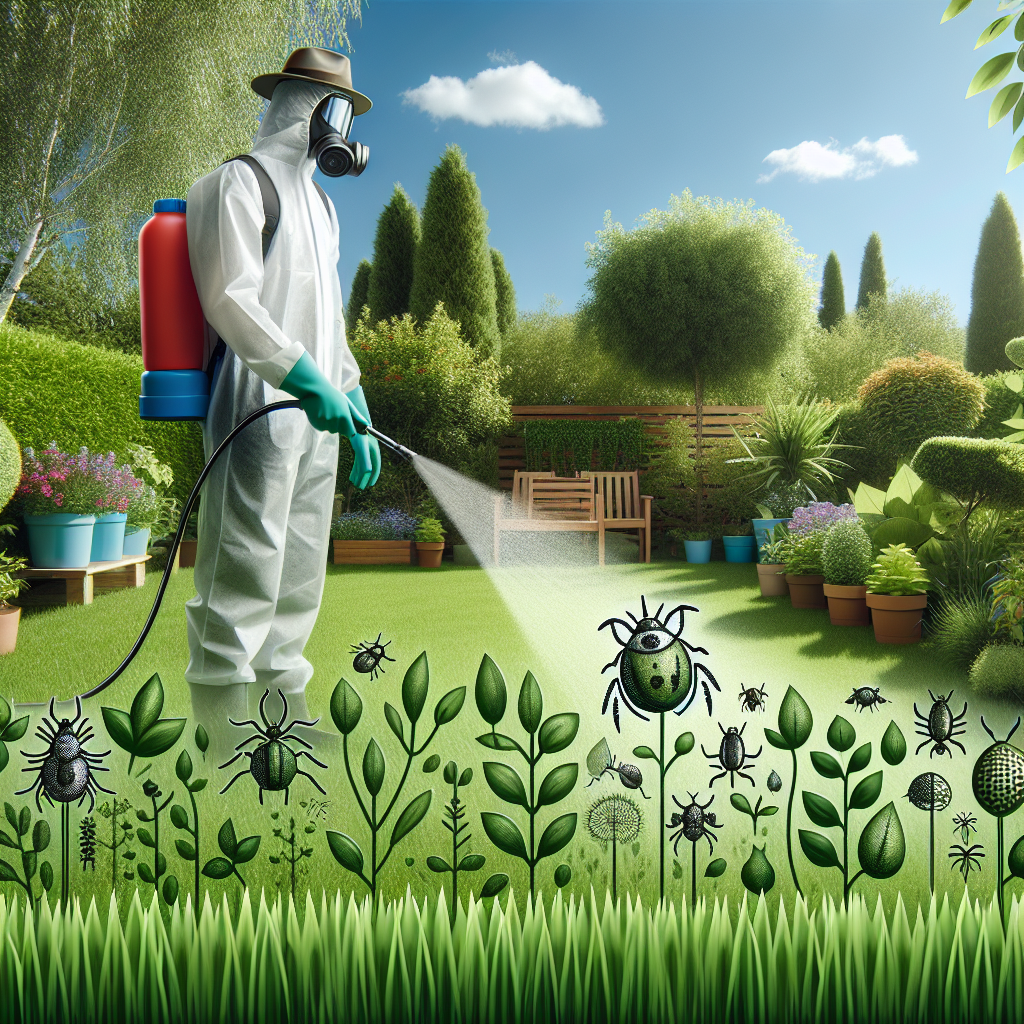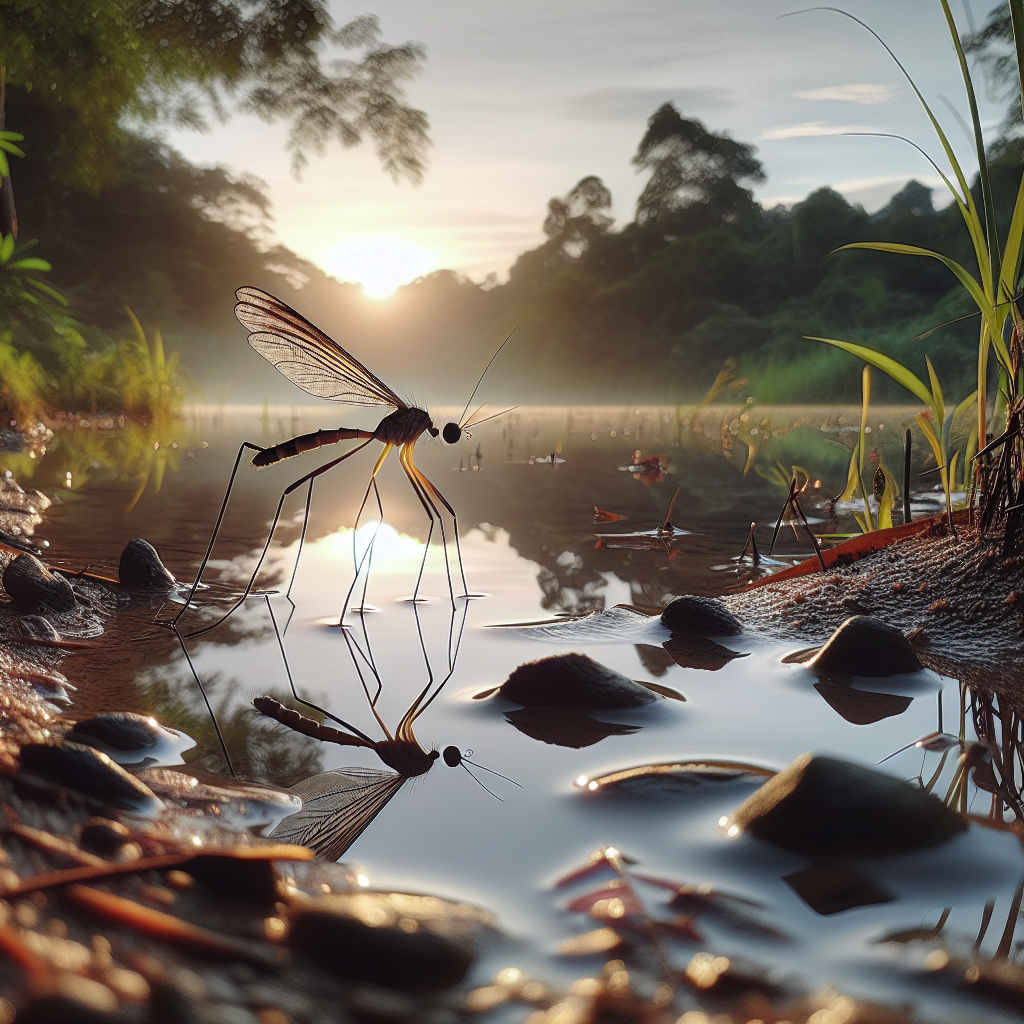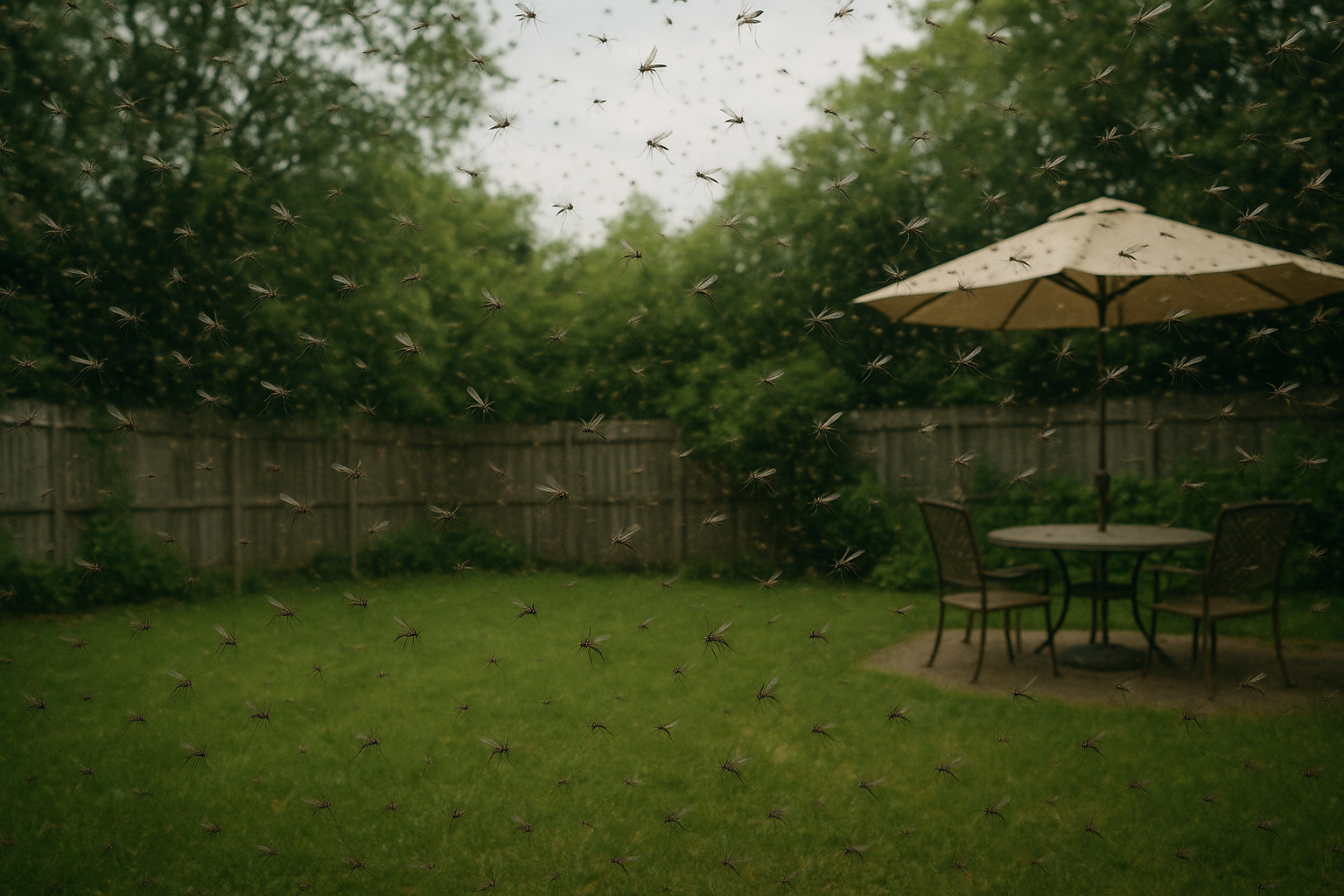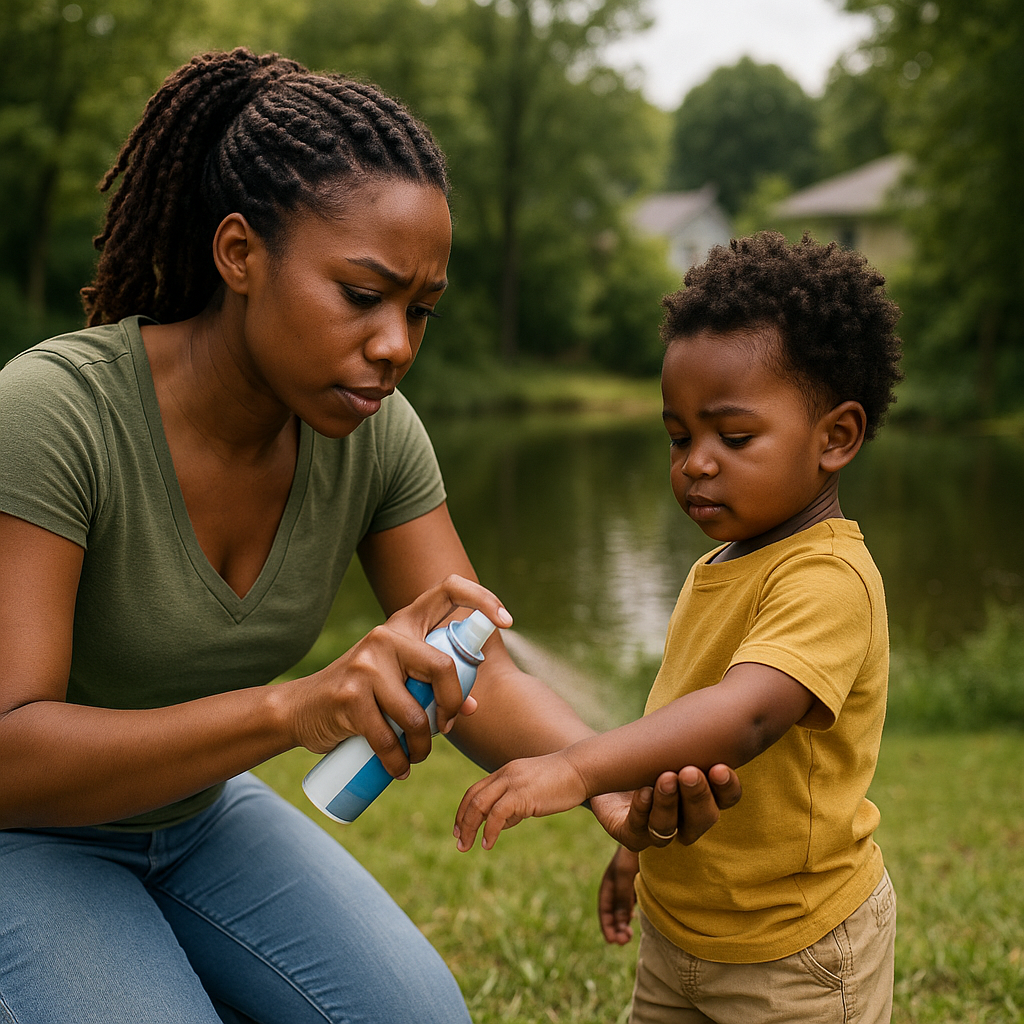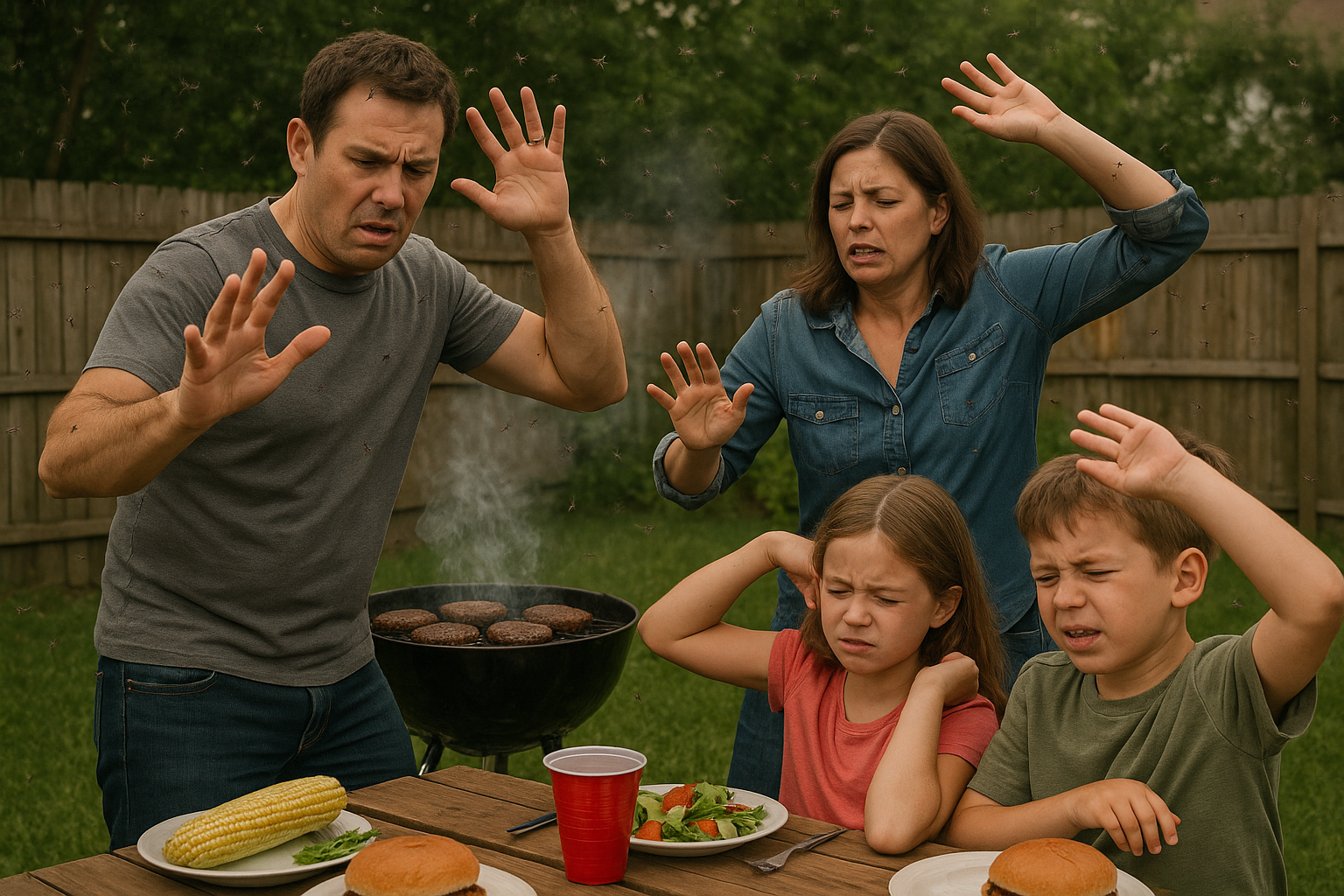The Best Mosquito Control Methods for Coastal Areas
Understanding Mosquito Challenges in Coastal Areas
Coastal areas are a haven for mosquitoes, thanks to their warm, humid climates and abundance of standing water. These regions often feature marshlands, tidal pools, and lagoons, all of which provide ideal breeding grounds for mosquitoes. The combination of high humidity and stagnant water creates a perfect storm for mosquito populations to thrive, making them a persistent nuisance for residents and visitors alike.
The challenges posed by mosquitoes in coastal areas go beyond itchy bites. These insects are known carriers of dangerous diseases such as West Nile virus, dengue fever, and Zika virus. For example, recent West Nile virus cases in Myrtle Beach have highlighted the urgent need for effective mosquito control measures in coastal communities. Without proper intervention, these pests can pose significant health risks, disrupt outdoor activities, and even impact local economies reliant on tourism.
Understanding the unique challenges of mosquito control in coastal areas is the first step toward implementing effective solutions. From natural methods to advanced technologies, there are numerous strategies available to combat these persistent pests. Mosquito Control Myrtle Beach experts recommend a combination of approaches for the best results.
Natural Mosquito Control Methods
For those seeking eco-friendly solutions, natural mosquito control methods are an excellent starting point. These approaches not only reduce mosquito populations but also minimize environmental impact, making them ideal for coastal areas where ecosystems are delicate.
-
Plant Mosquito-Repelling Vegetation
Certain plants naturally repel mosquitoes due to their strong scents. Popular options include:- Citronella : Known for its lemony aroma, citronella is a common ingredient in mosquito repellents.
- Lavender : Its soothing scent is pleasant to humans but deters mosquitoes.
- Marigolds : These vibrant flowers contain pyrethrum, a natural insecticide.
- Lemongrass : A versatile plant that thrives in coastal climates and repels mosquitoes effectively.
-
Introduce Natural Predators
Encouraging the presence of mosquito predators can help control populations naturally. For example:- Dragonflies : Often called "mosquito hawks," dragonflies feed on both adult mosquitoes and their larvae.
- Bats : A single bat can consume thousands of mosquitoes in one night. Installing bat houses can attract these helpful creatures.
-
Use Essential Oils
Essential oils like eucalyptus, tea tree, and peppermint can be used to create DIY mosquito repellents. Simply mix a few drops with water and spray around your home or outdoor spaces.
Natural methods are a sustainable way to keep mosquitoes at bay, but they may need to be supplemented with other strategies for maximum effectiveness. For residents of Myrtle Beach, mosquito control services can provide additional support.
Chemical Mosquito Control Options
When natural methods aren’t enough, chemical solutions can provide an added layer of protection. These options are particularly useful in areas with high mosquito activity, such as coastal regions.
-
Insecticides
Insecticides are effective for killing adult mosquitoes. They can be applied as sprays or foggers in outdoor areas. However, it’s essential to follow the manufacturer’s instructions to avoid harming beneficial insects or plants. -
Larvicides
Larvicides target mosquito larvae before they mature into adults. These are often applied to standing water sources like ponds, ditches, or birdbaths. Products containing Bacillus thuringiensis israelensis (Bti) are environmentally friendly and safe for humans and pets. -
Repellents
Personal mosquito repellents containing DEET, picaridin, or oil of lemon eucalyptus can provide long-lasting protection. For coastal environments, choose water-resistant formulas to ensure effectiveness.
Safety Tips for Chemical Use in Coastal Areas :
- Avoid over-application to prevent runoff into waterways.
- Use targeted treatments to minimize environmental impact.
- Store chemicals securely to prevent accidental exposure to children or pets.
For those in Myrtle Beach, mosquito control experts can guide you in selecting the right chemical solutions for your needs.
The Role of Aerial Mosquito Spraying
Aerial mosquito spraying is a large-scale solution often employed in coastal areas to combat widespread infestations. This method involves dispersing insecticides from aircraft to cover large areas quickly and efficiently. It’s particularly effective in marshy regions where ground-based treatments are impractical.
For instance, in response to recent West Nile virus cases in Myrtle Beach , local authorities have ramped up aerial spraying efforts. This proactive approach helps reduce mosquito populations and lower the risk of disease transmission.
While aerial spraying is highly effective, it’s important to notify residents in advance to minimize exposure. Communities should also ensure that the chemicals used are safe for the environment and non-target species. For comprehensive mosquito control, Myrtle Beach residents can rely on professional services to coordinate such efforts.
Preventative Measures for Homeowners
Homeowners play a crucial role in mosquito control. By taking preventative measures, you can significantly reduce mosquito breeding grounds around your property. Here are some actionable tips:
-
Eliminate Standing Water
- Empty and clean birdbaths, flowerpot saucers, and kiddie pools weekly.
- Fix leaky outdoor faucets and hoses.
- Ensure that rainwater drains properly from your yard.
-
Maintain Gutters
- Clear debris from gutters to prevent water from pooling.
-
Install Mosquito Traps
- Use traps that attract and capture mosquitoes using light or carbon dioxide.
-
Use Window and Door Screens
- Repair any holes or tears in screens to keep mosquitoes out of your home.
-
Keep Your Yard Tidy
- Trim overgrown vegetation and remove yard waste where mosquitoes might hide.
By implementing these measures, homeowners can create a less hospitable environment for mosquitoes. For expert advice, contact a mosquito control Myrtle Beach specialist.
Community-Based Mosquito Control Programs
Mosquito control is most effective when communities work together. Local governments and residents can collaborate on initiatives to reduce mosquito populations and educate the public about prevention.
-
Public Education Campaigns
- Distribute informational materials on mosquito prevention.
- Host workshops to teach residents about natural and chemical control methods.
-
Neighborhood Clean-Up Efforts
- Organize events to remove trash, tires, and other debris that can collect water.
-
Community Mosquito Monitoring
- Set up traps to monitor mosquito activity and identify high-risk areas.
By pooling resources and knowledge, communities can tackle mosquito problems more effectively. For those in Myrtle Beach, mosquito control programs can be tailored to address local challenges.
Advanced Mosquito Control Technologies
Innovative technologies are revolutionizing mosquito control, offering new ways to combat these pests in coastal areas.
-
Mosquito-Repelling Wearables
- Devices like wristbands and clip-ons emit ultrasonic waves or scents to deter mosquitoes.
-
Smart Mosquito Traps
- These traps use AI to identify and capture mosquitoes, providing data on local populations.
-
Genetically Modified Mosquitoes
- Scientists are developing mosquitoes that are unable to reproduce, reducing overall populations.
These advanced solutions complement traditional methods, providing a high-tech edge in the fight against mosquitoes. For cutting-edge mosquito control, Myrtle Beach residents can explore these innovative options.
Health Risks Associated with Mosquitoes in Coastal Areas
Mosquitoes are more than just a nuisance—they’re a serious health hazard. Coastal areas are particularly vulnerable to mosquito-borne diseases due to their warm, humid climates. Common illnesses include:
- West Nile Virus : Recently reported in Myrtle Beach, this virus can cause severe neurological symptoms in some cases.
- Dengue Fever : A tropical disease that can lead to high fever, severe headaches, and joint pain.
- Zika Virus : Known for its impact on pregnant women and their unborn children.
Effective mosquito control is essential to protect public health and prevent outbreaks of these diseases. For residents of Myrtle Beach, mosquito control services are a vital resource.
Seasonal Mosquito Control Strategies
Mosquito activity varies by season, so it’s important to adjust your control methods accordingly:
- Spring : Focus on eliminating standing water as mosquitoes begin to breed.
- Summer : Use repellents and traps during peak mosquito activity.
- Fall : Continue monitoring for mosquitoes, as some species remain active.
- Winter : Take advantage of the off-season to repair screens and prepare for spring.
Tailoring your approach to the seasons ensures year-round protection. For seasonal mosquito control, Myrtle Beach experts can provide customized plans.
Choosing the Right Mosquito Control Method for Your Area
Selecting the best mosquito control method depends on several factors, including your location, budget, and environmental concerns. Consider the following:
- Natural Methods : Ideal for eco-conscious homeowners.
- Chemical Solutions : Effective for severe infestations.
- Advanced Technologies : Great for tech-savvy individuals seeking innovative solutions.
For expert guidance, call 843-886-1123 today for a free quote or to schedule a service. Mosquito control Myrtle Beach professionals are ready to help you find the perfect solution.
Mosquito Authority of Myrtle Beach SC delivers expert mosquito control services, mosquito and tick control, and pest control services. No contracts. Guaranteed results. Call 843-886-1123 today or visit our website.

